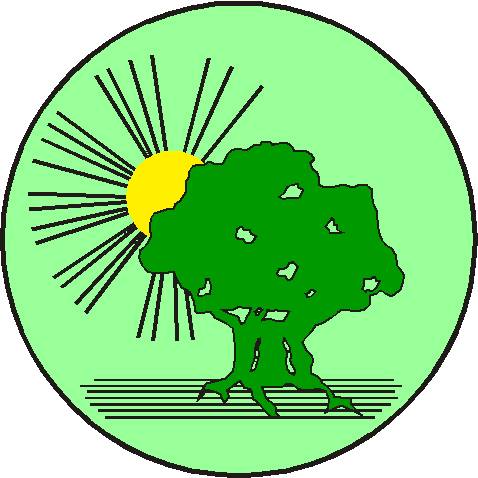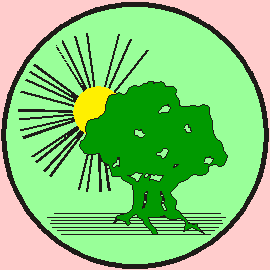Possible Readings for
F. Economic Systems
The History of Economics
“History of economics,” by Wikipedia contributors, Wikipedia, The Free Encyclopedia, 64 p.
http://en.wikipedia.org/wiki/History_of_economics
The history of economic ideas.
Ponzi Scheme
“The End,” by Michael Lewis, Portfolio, December 2008.
The crash of Wall Street investment companies finally reveals that their business was based on wild speculation and lying to themselves and their investors.
The Commons
“Defending the Commons, Defending Life,” by Jonathan Rowe, Yes! Magazine, Spring 2006.
http://www.yesmagazine.org/issues/10-most-hopeful-trends/defending-the-commons-defending-life
The commons is emerging in the issues lexicon. We Americans own together our air and water, our public lands, our Main Streets and public spaces, and our public domain of culture and knowledge.
Alternative Economics
“Complementary currencies for $ocial change,” an interview with Bernard Lietaer by Ravi Dykema, Nexus, July-August 2003, 19 p.
http://www.nexuspub.com/articles_2003/interview_2003_ja.php
Lietaer, who implemented the convergence mechanism to the single European currency system (the Euro), shares his views on the shortcomings of our conventional currency system, the benefits of creating a complementary currency, and ways to effect lasting social change.
“Toward A Nonviolent Economics,” by Chuck Matthei and Joanne Sheehan, Nonviolent Activist, May-June 2001, 8 p.
http://www.warresisters.org/nva/nva0501-2.htm
How can we interject the transformative force of nonviolence into the circumstances of economic conflict and injustice?
“There Is An Alternative,” by Michael Albert, ZNet, July 27, 2005, 4 p.
http://www.zcommunications.org/there-is-an-alternative-by-michael-albert-1
Participatory economics (parecon) is an alternative way to organize economic life that adheres to progressive values of solidarity, diversity, equity, and self-management.
“The GDP Myth: Why ‘growth’ isn’t always a good thing,” by Jonathan Rowe and Judith Silverstein, Washington Monthly, Volume 31, Issue 3, March 1999, 16 p.
http://www.washingtonmonthly.com/features/1999/9903.rowe.growth.html
A generic look at our current economy and the impact of valuing growth above other values.
 START
START 
